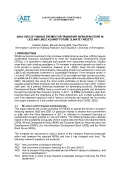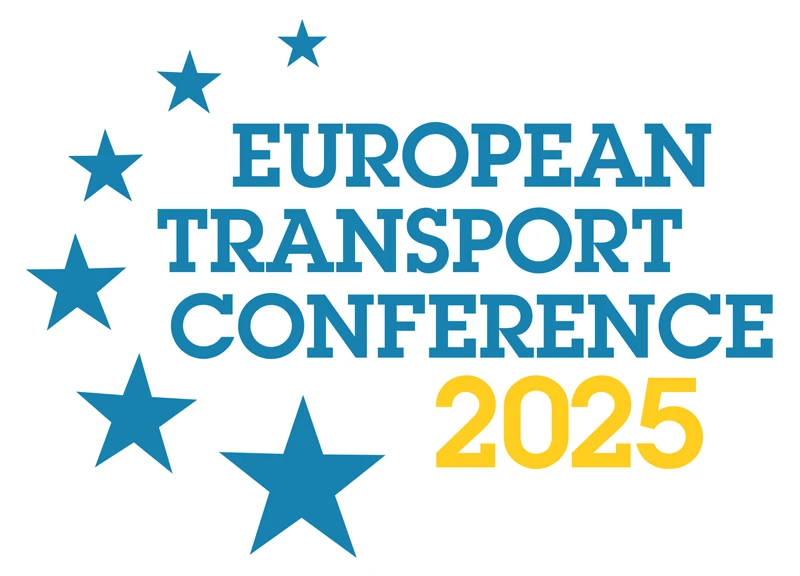-
Past ETC Papers

Browse, search and view papers from the past AET Conferences.
-
Members' Area

AET promotes networking and exchange of ideas, information and opportunities amongst members.
Conference Papers 2024
Antwerp, Belgium
ETC Conference Papers 2024
Analyses of finance trends for transport infrastructure in LICs and LMICs against future climate targets
Seminar
Day 2 (19 Sep 2024), Session 5, Infrastructure investments, 11:00 - 12:30
Status
Accepted, documents submitted
Submitted by / Abstract owner
Marcelo Blumenfeld
Authors
Dr Heather Steele, University of Birmingham (presenter)
Dr Marcelo Blumenfeld, University of Birmingham
Prof Paul Plummer, University of Birmingham
Short abstract
A comprehensive analysis of historical lending for railway projects that brings important evidence to discussions around finance for rail projects in low-income and lower middle-income countries
Abstract
Whilst low-income countries (LICs) and lower middle-income countries (LMICs) require accelerated economic development to meet Sustainable Development Goals, studies show that under existing paradigms a 1% increase in economic growth can lead to a 0.4% growth in carbon emissions. Decoupling growth from emissions in LICs and LMICs is a matter of global significance. Given the link between transport, development and emissions, decoupling necessitates investment in sustainable transport. If the transport sector in LICs and LMICs emitted the same amount of C02 per capita as high-income countries, an additional 8.5 billion tonnes of C02 would be generated annually. Monetising this using the most recent estimates of Social Costs of Carbon equates avoiding these emissions with the monetary equivalent of over USD 1.5 trillion each year. This study delves into the historical lending databases from 5 development banks to assess trends in transport financing. It contextualises transport financing for LICs and LMICs within each bank’s project portfolio, explores how transport financing is allocated across different transport subsectors and how (whether) investment has changed in response to sustainability commitments such as the Paris Agreement. As arguably one of the most sustainable transport modes as well as one of the most capital intensive, particular focus is given to trends in railway financing. It is anticipated that the study will add important evidence to the growing discussion regarding the size of investments required against their prioritisation in face of climate strategies. Moreover, the study highlights the particular importance of sustainable infrastructure in LICs and LMICs as contributors to achieving global emission targets.
Programme committee
Transport Economics, Finance and Appraisal
Topic
Funding and financial sustainability
Documents:


Association For
European Transport
Forester House
Doctors Lane
Henley-in-Arden
Warwickshire, UK
B95 5AW
+44 (0) 15 64 793552
VAT number: 710 1866 64
Conference Supporters & Endorsers




Legal Entity
The Association for European Transport is registered as an Association ('vereniging') with the Chamber of Commerce for Haaglanden in The Netherlands under company number 27170096.
Built on Zenario




